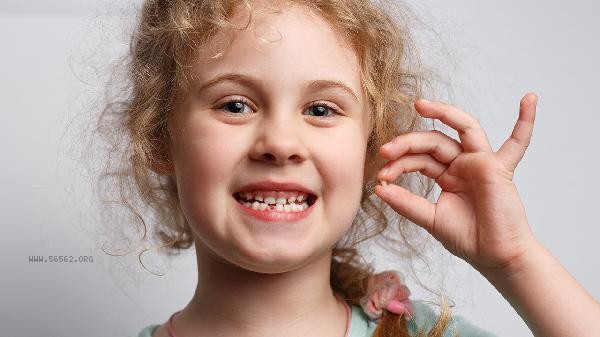Whether growth hormone therapy is effective for children's growth needs to be determined based on specific causes. Growth hormone therapy is mainly suitable for specific diseases such as growth hormone deficiency and idiopathic short stature, and its effect on short stature caused by other reasons is limited. Parents are advised to take their children to the pediatric endocrinology department for comprehensive examinations such as bone age testing and hormone level assessment.

Growth hormone deficiency is the main indication for the use of growth hormone, as these children have insufficient secretion of growth hormone in their bodies, leading to slow height growth. supplementing with exogenous growth hormone can significantly improve height, and regular monitoring of blood glucose, thyroid function, and other indicators is necessary during treatment. Children with idiopathic short stature may benefit from growth hormone therapy after professional evaluation, although there is no clear cause, and usually require continuous treatment for several years. The effect of growth hormone therapy is usually not significant in cases of short stature not caused by hormone deficiency, such as familial short stature, constitutional delayed puberty, etc. Familial dwarfism is mainly related to genetic factors, and bone age is basically consistent with actual age. It is recommended to promote growth through nutritional management and exercise intervention in such cases. Chronic diseases such as kidney disease and congenital heart disease leading to growth retardation require priority treatment of the underlying disease rather than relying on growth hormone.

Growth hormone therapy carries certain risks and may cause adverse reactions such as intracranial hypertension and femoral head slippage. Therefore, strict evaluation of indications is necessary before treatment. During the treatment period, bone age and growth rate should be rechecked every 3-6 months, and the plan should be adjusted according to the therapeutic effect. Parents should pay attention to ensuring their children have sufficient sleep, a balanced diet, and moderate jumping exercises, which are important measures for natural growth. If it is found that a child's height has been consistently below the 3rd percentile of their peers or their annual growth is less than 5 centimeters, they should seek medical attention promptly to investigate the cause.









Comments (0)
Leave a Comment
No comments yet
Be the first to share your thoughts!